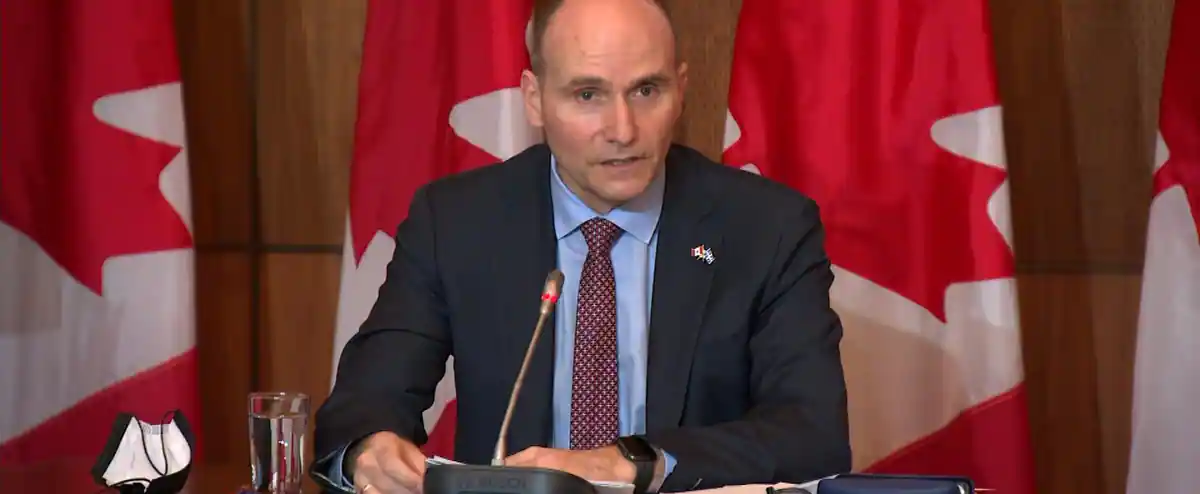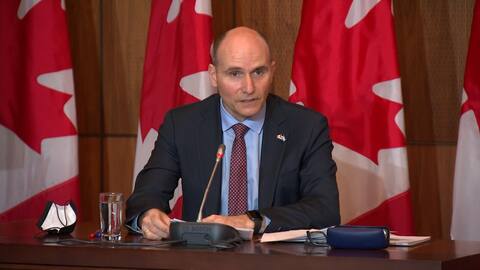Ottawa Tuesday announced a series of border easing measures that will take effect on February 28, including ending a mandatory quarantine after a screening test taken at the airport upon return to the country.
• Read also: COVID-19: Quebec records 56 new deaths
• Read also: Towards easing the vaccine passport?
Another important change: Canada will accept express tests as tests that are taken in the country of origin before returning to the country. Only PCR tests have been accepted so far.
“For an antigen test for COVID-19 to be valid, it must be authorized by the country in which it was purchased and must be performed by a laboratory, healthcare entity or telehealth service,” Health Minister Jan said. -Yves Duclos.
Random testing upon return to Canada will remain in place, as it was before the arrival of the Omicron variant.
In addition, children under the age of 12 who have not been fully vaccinated will not have to be isolated upon their return. They will be able to resume studies and any other activity once they arrive in Canada.
“These changes are possible not only because we are past the peak of the Omicron variant, but also because Canadians across the country have listened to the science and experts, followed public health measures and taken precautions to protect themselves, their families and their communities,” said Mr. Duclos.
Unvaccinated people will have to patiently endure their problems: they will still have to take a screening test and isolate themselves for two weeks.
- Listen to Sophie Durocher’s interview with Moscow kot on QUB Radio:
Return of non-essential travel
The announced measures were accompanied by a significant change in the recommendations directed to travelers tempted by foreign countries.
From February 28, Canada will no longer advise against non-essential travel, having raised health travel advice from Level 3 to Level 2.
In addition, international flights return to all Canadian airports that allow this in normal times, such as Windsor, London, Fort McMurray and Moncton.
“Should the epidemiological situation permit, if hospitalization levels continue to decline and if Canadians continue to receive their booster doses in large numbers, other avenues of comfort could be considered,” the minister said.
A breath of fresh air
These cuts represent a breath of fresh air for the private sector, which has shown its frustration with the measures in recent weeks.
“The relief from Minister Duclos is welcome, it simplifies the arrival of travelers and allows compliance with US requirements. As summer approaches, we will have to do more to bring tourism and business trips back to life,” said Conseil du patronat (CPQ) in a written statement. .
A recent survey of 412 members of the Canadian Federation of Independent Business (CFIB) shows that 69% of small and medium-sized businesses across the country are calling for an end to mandatory PCR testing at the border.
see also

“Subtly charming problem solver. Extreme tv enthusiast. Web scholar. Evil beer expert. Music nerd. Food junkie.”


